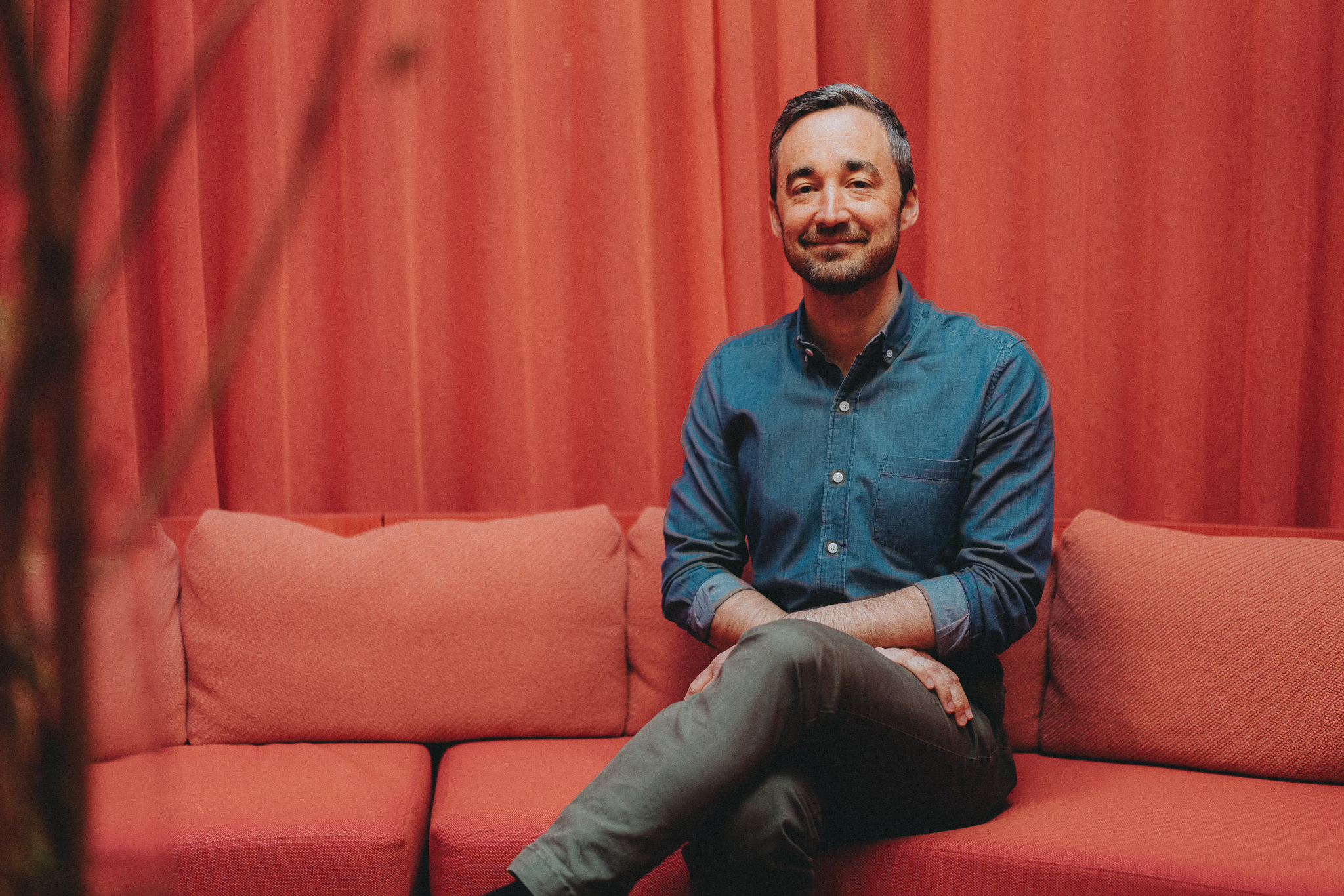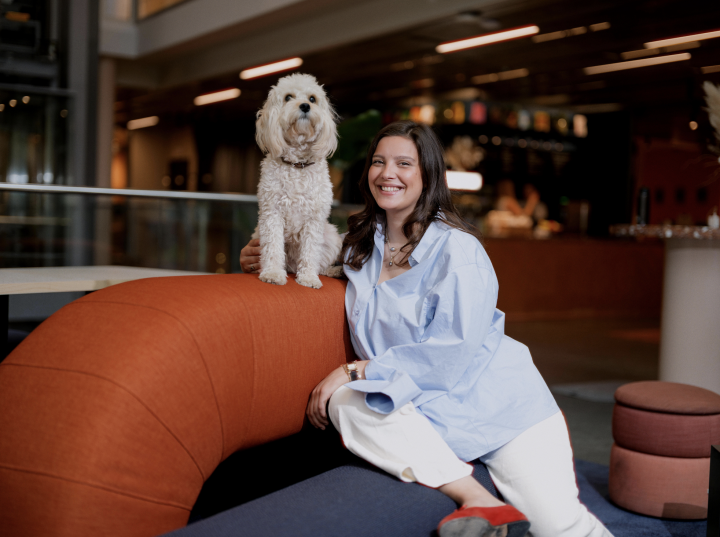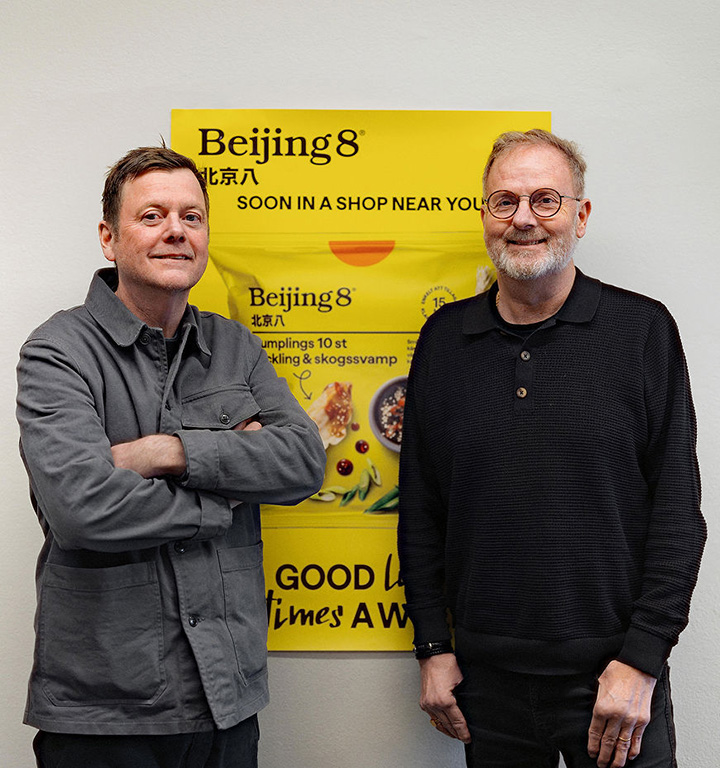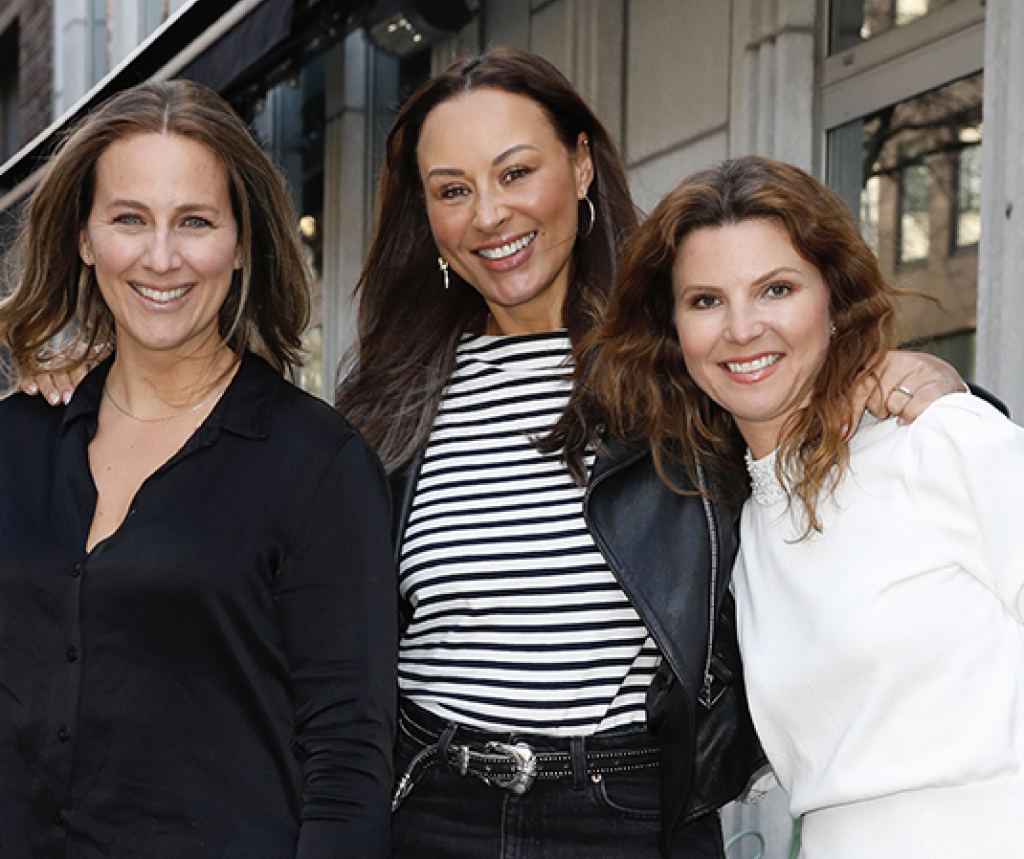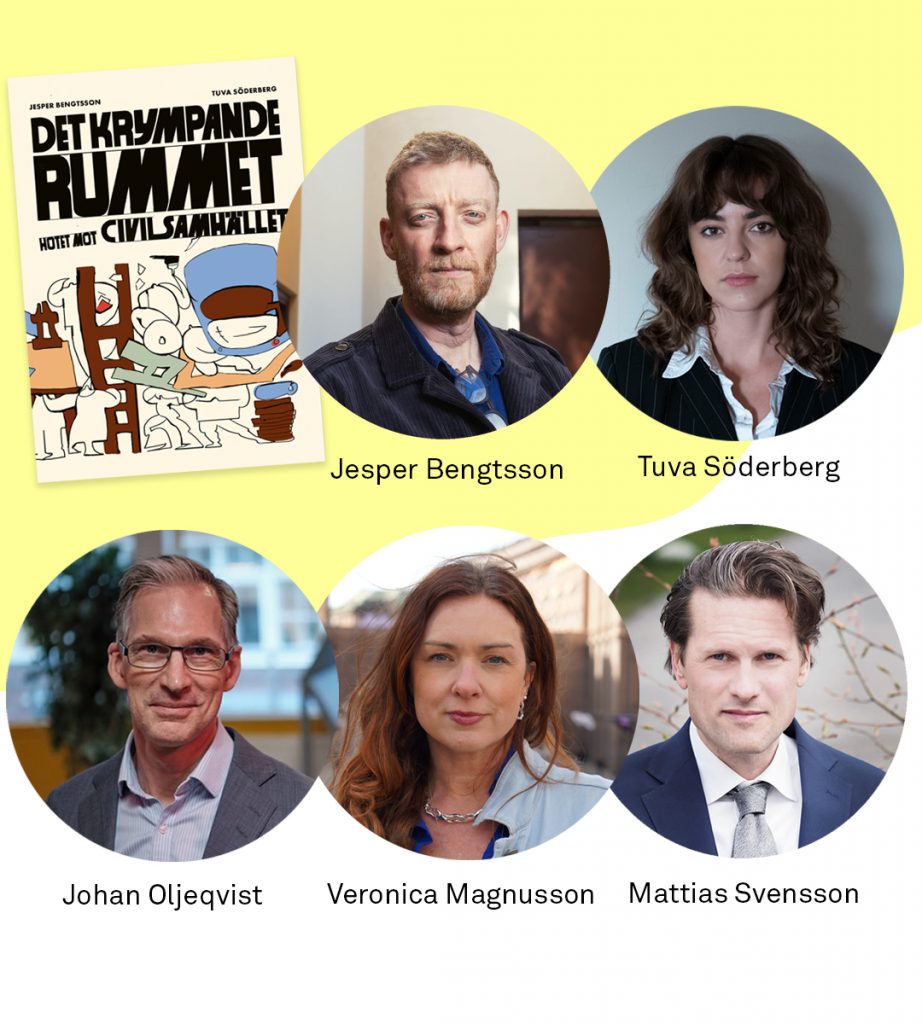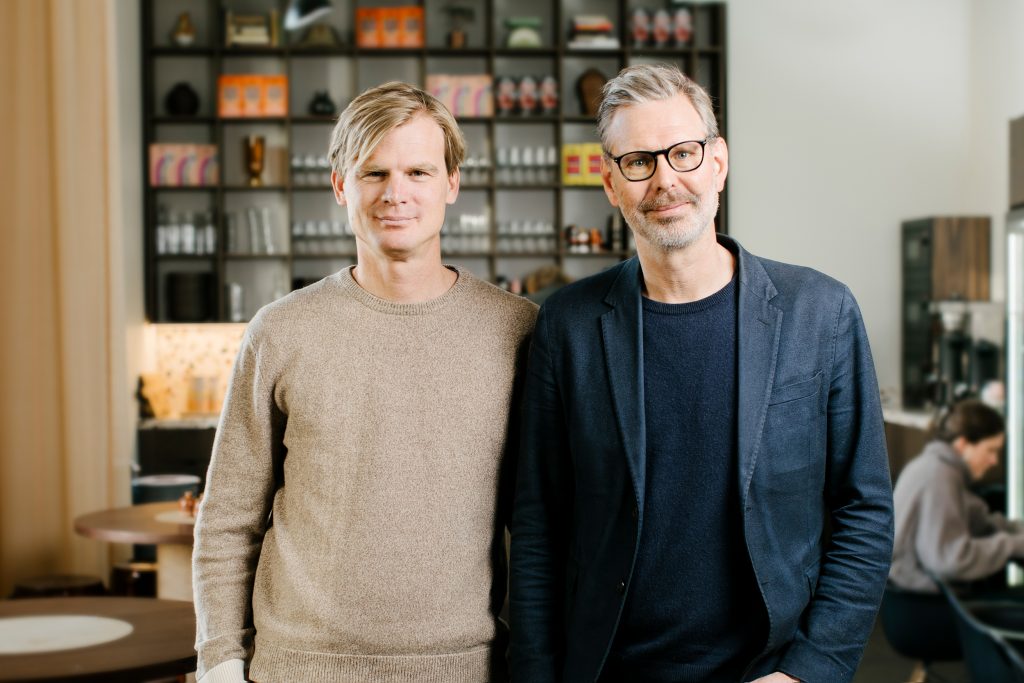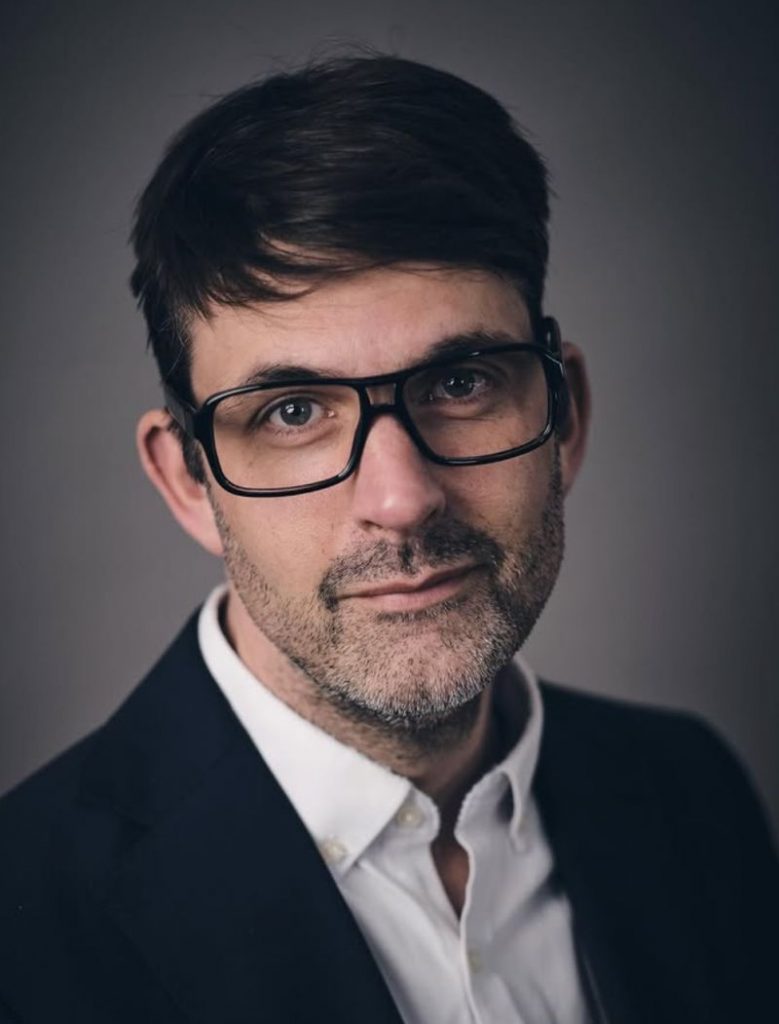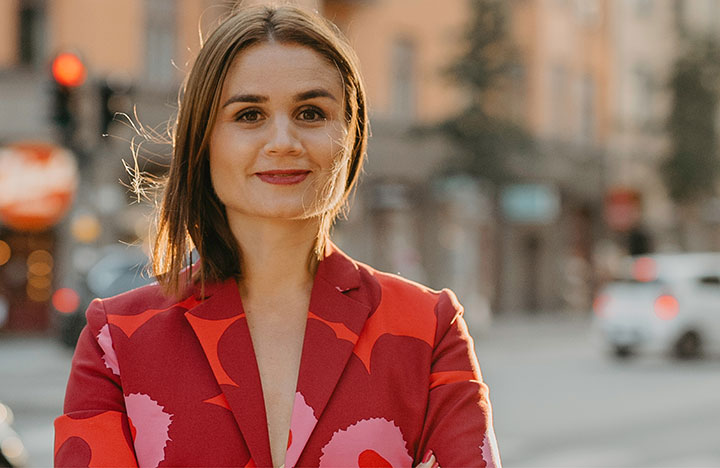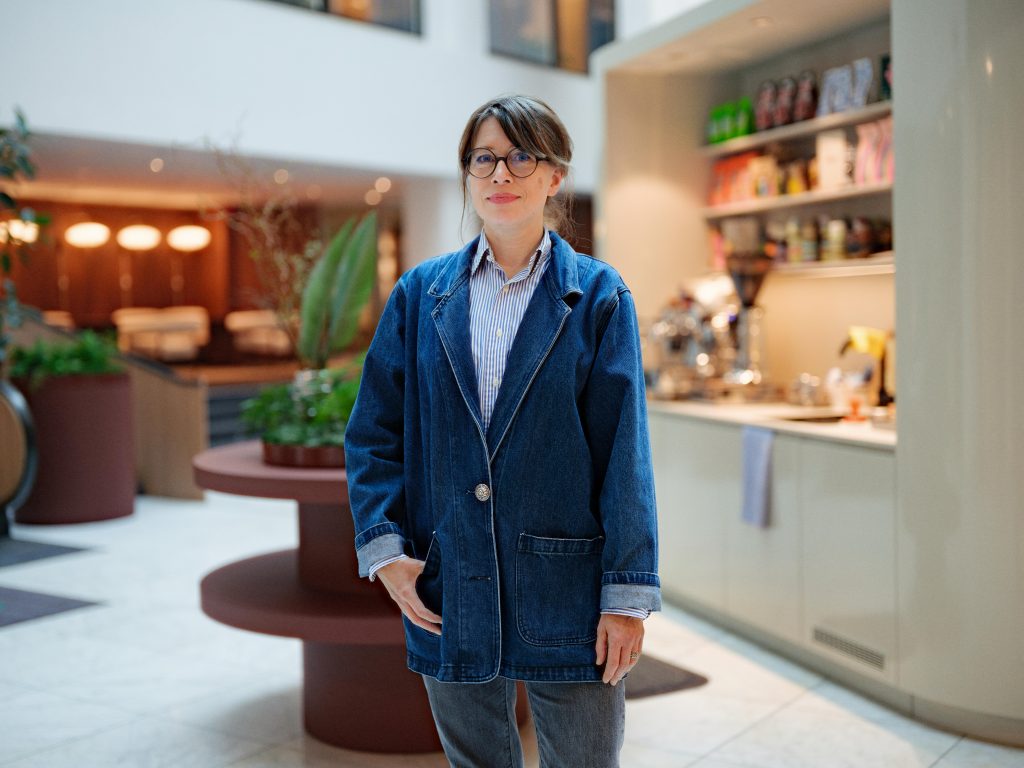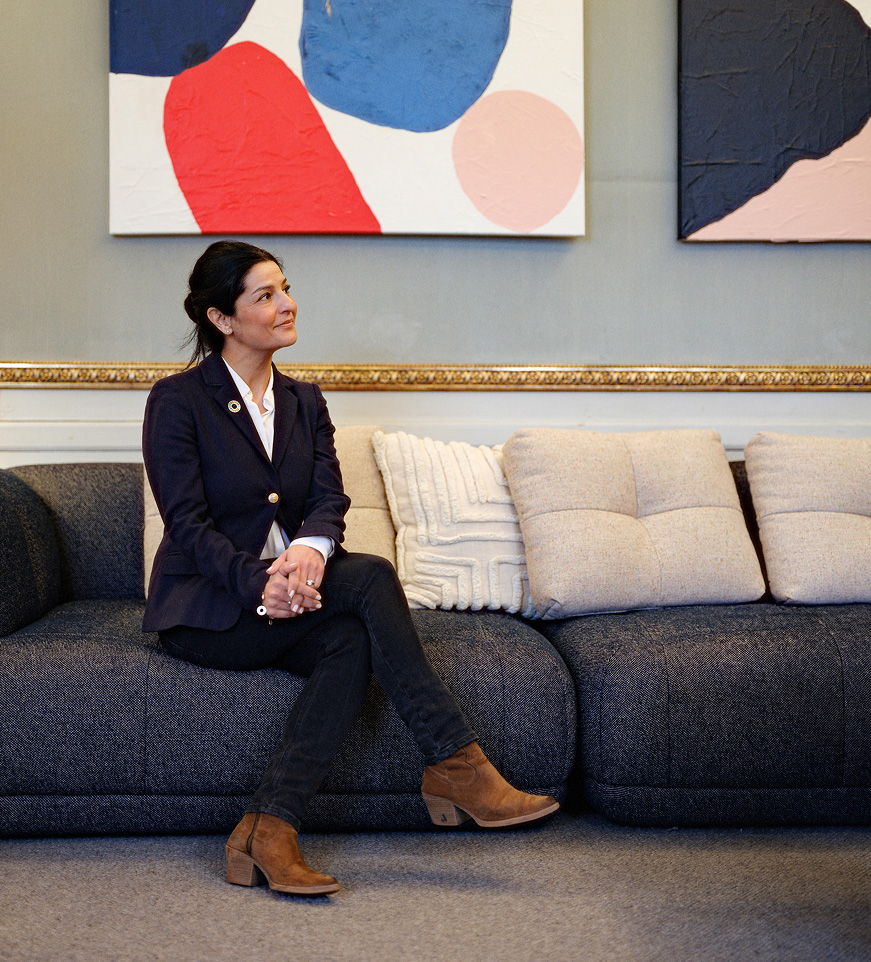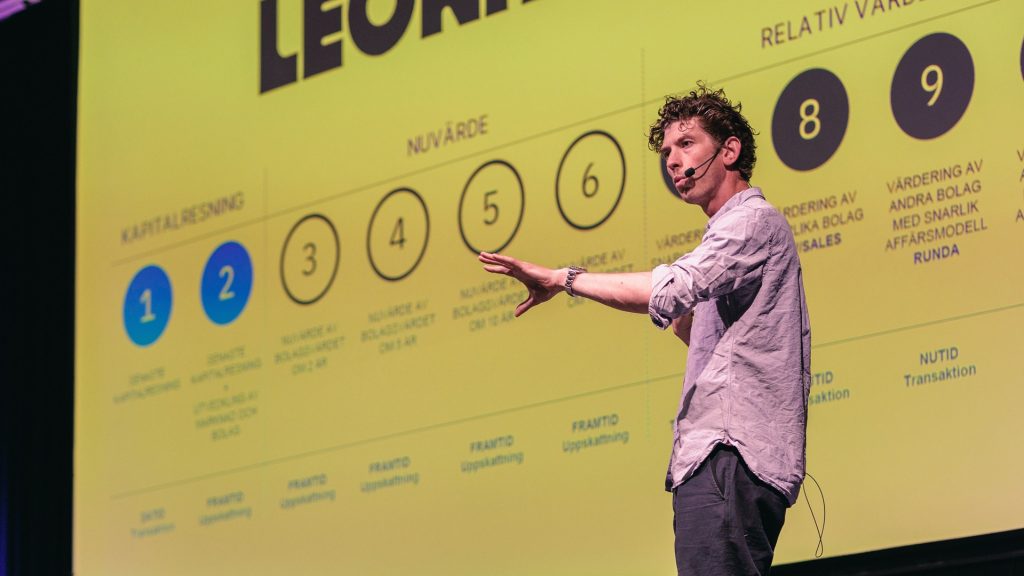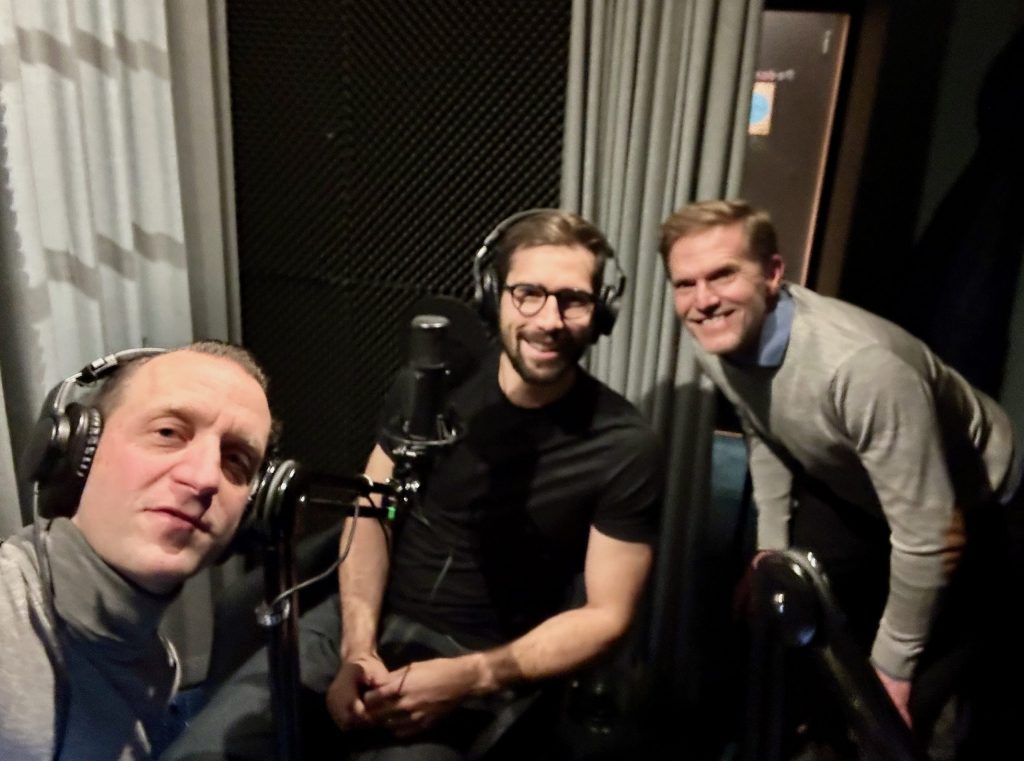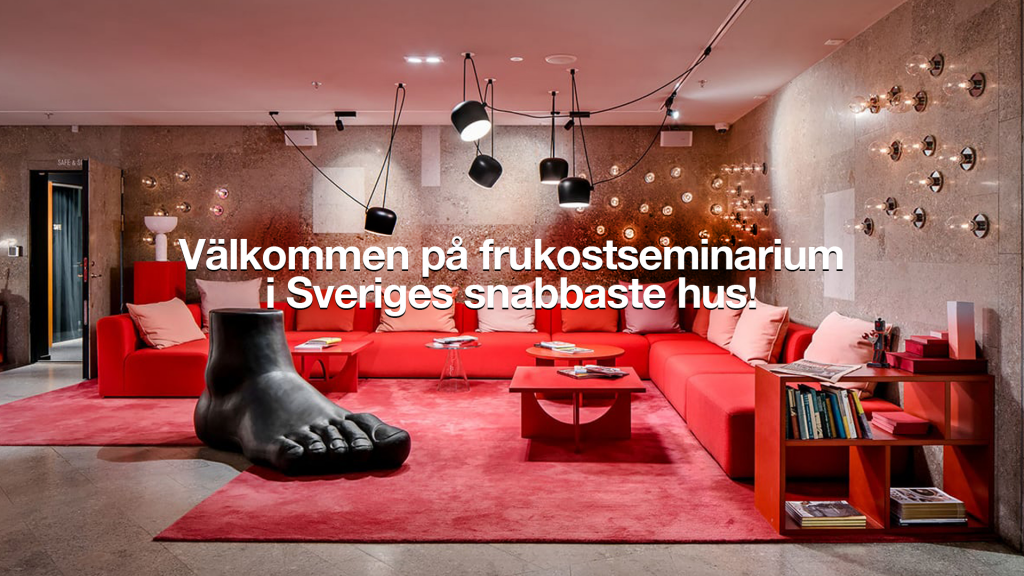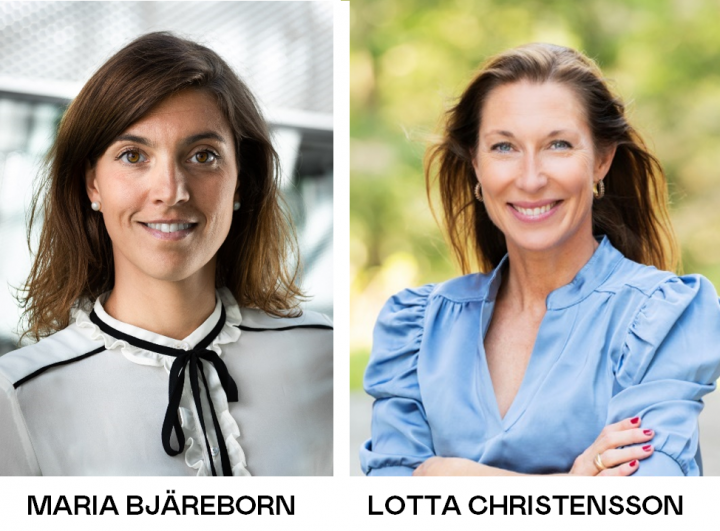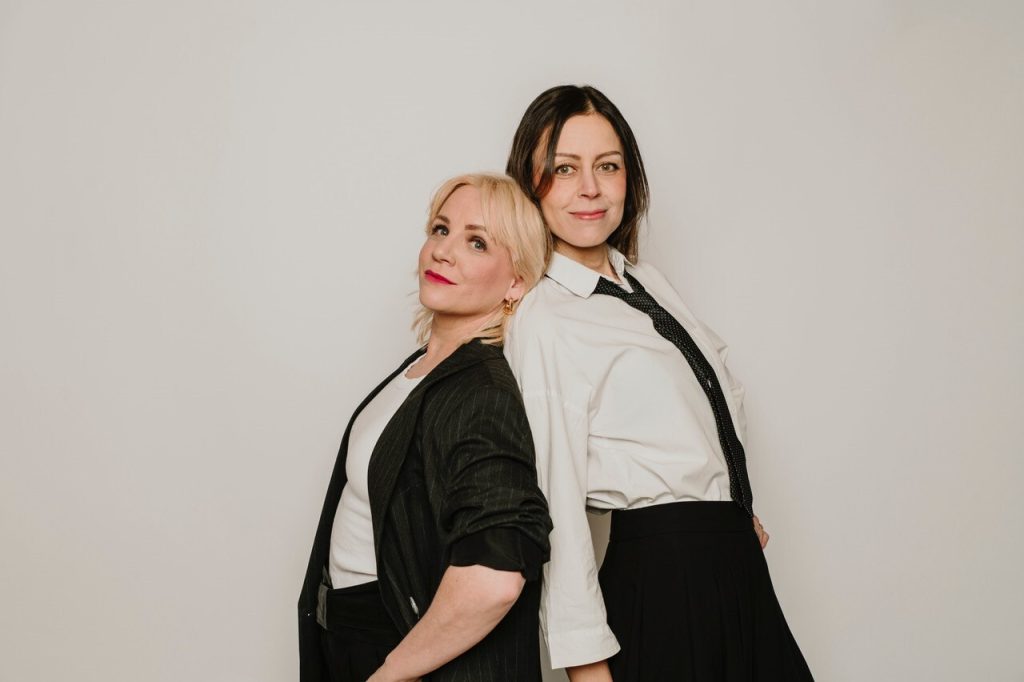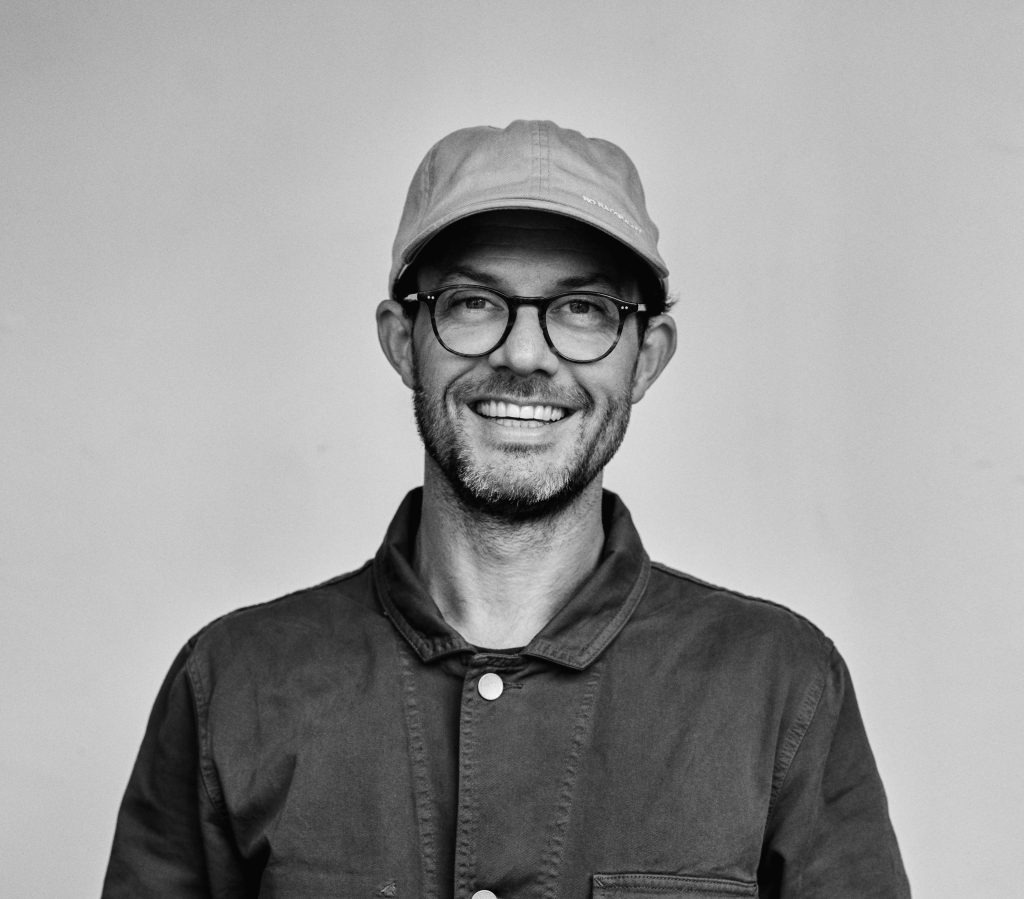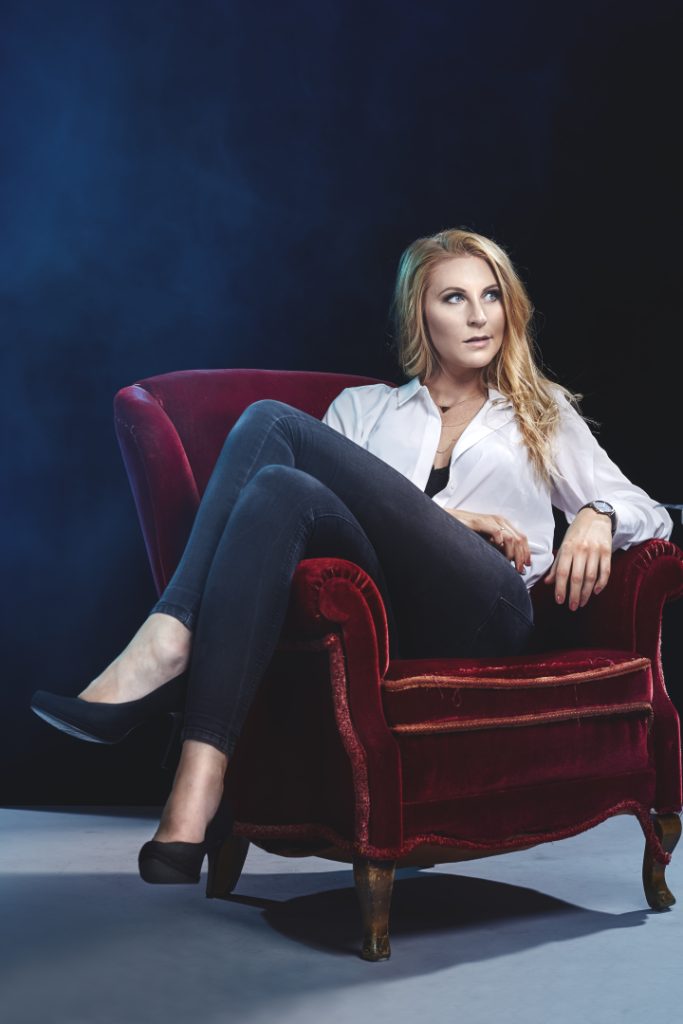When Johan Crona was a child, his biggest interests consisted of computer games and sports. The dream was to become a football coach for Liverpool. Since a year back, he is a member at Helio GT30 with his own company Cloud Capital, where he works with team sports, but in another way. We had a long talk with Johan to figure out exactly what he is up to and to work out the term SaaS.
Hello Johan! What would you say are the biggest advantages to being in a co-working community?
The combination of having a place that feels like home, big flexibility with good service, facilities and front desk and especially the other members. For someone like me who works alone, it’s valuable to sit down in one of the lounges at GT30 and get inspired by the energy! It helps me stay focused and deliver during the days.
You work with Saas, or “Software As A Service”. Could you explain the term to those that have never heard it before?
It works as a business model where you sell software business to business, like a company service from business to business. The model means that you’re selling a service to thousands of customers, but that they are all using the same software instead of having different software installed on different servers. It’s being sold as a subscription which means that as a supplier you get a very nice recurring cashflow from customers since they often buy the software on a monthly or yearly basis and keep extending over time.
Can you mention some well-known SaaS-services and tell us which one you think is the smartest or have been the most revolutionary according to you?
Slack, Dropbox and Salesforce are good examples. The smartest most revolutionary service in the recent years will have to be Slack. They have managed to build a product that is extremely simple to get started with, and which has managed to spread between businesses very quickly where you find big value in speeding up communication and removing a lot of mail from inboxes. They are growing incredibly fast!
You are running the company Cloud Capital since 2017, which is aimed at so called expansion finances through loans and stock ownerships in SaaS-companies. When, how and where did you first get fascinated by the SaaS-world?
It first caught my eye when I was working for Almi Invest, where I was in charge of investments from 2010. The first companies I invested in were actually software companies that sold company services, one in media and journalism and the other in healthcare – they had SaaS as a business model. As an investment manager the predictability in revenues moving forward is what fascinated me.
It is said that you started Cloud Capital when you saw the opportunity in the market in the form of a missing piece of the puzzle. Which piece was that?
These companies always need a lot of financial investment when they are growing. The only options on the market then were venture capital and that doesn’t go well in every situation. It’s not optimal to create stock emissions, acquire partners and handle different requests. You can’t make an endless range of new emissions in a company, that usually creates a lot of tension and problems. At the same time, I noticed that banks don’t deal with loans to this type of company, since they think that they are too small and carry too big of a risk. Since I have had the chance to learn about the SaaS-model, I thought that these companies are actually safe to loan to since they have a running and predictable cashflow.
What was missing was a bank that could help SaaS-entrepreneurs by loaning money instead of having to use venture capital to finance themselves. Owning a bank means that you can loan more without having to worry about acquiring more partners and become watered down as an entrepreneur. We created Cloud Capital with the intention of filling that hole in the market!
You talked about how important it is with an established business culture in combination with a good team. Through which methods do you feel that you can create the optimal business culture?
Step one is that you as the person in charge decide whether you will even have a culture to begin with and what it should contain, what kind of behavior, activities and goals that go along with this culture. Then you work systematically in order to strengthen the business culture that you have decided on. This can be through an incentive, that you promote the person with the right behavior or that you appoint them as a culture bearer. You build up a shared vision.
A good culture means that people can and dare to make decisions on their own without consulting the boss. They dare to take initiative, be honest and transparent when something is hard and it’s through this that you create a more robust organization instead of a hierarchy. This way the company can bring new initiatives, faster product solutions and there will be a built-in force of action in the organization without bosses having to stick around and order everyone around.
You raised the question that a lot of companies are starting out at the wrong end and focus on collecting as big of a venture capital as possible, but then often lose that capital when there are no clear models within the company. What would you say are the most important factors in planning and applying successful and sustainable models?
Entrepreneurs are intrigued by the grand idea, you want to change the world and create a big company, but you are usually going too fast. Building a good company that delivers good product evolution, marketing, sales, customer care, adapting of business cultures and so on takes time. I have seen it so many times. It’s dangerous to get handed too much money too early. You end up burning a lot of money on things that don’t really create much value. You create a lot of buzz, a lot of expectations, people get hired for unclear roles. And then you spend a lot of time trying to back this up. You haven’t put down a model for how to grow your business quickly.
On the other hand, if you have only a little bit of money, you become extremely focused on which goals are the most important. If you’re a small team, you’re extremely limited in what you can do, but you are also more focused on what’s important. And then you focus on that. The most important factors in order to apply sustainable models are to find your model and feel comfortable knowing that this model can deal with the capital and make it into something of value.
Recently, you started a SaaS-pod where you meet new key figures behind Swedish SaaS-companies in every episode. What is the ambition behind the pod?
There is no SaaS-pod! There are so many talented Swedish entrepreneurs and experts in SaaS-companies that I think deserve a chance in the spotlight. Typically, they have a lot of knowledge about the details. So, the ambition is to spread this information in this tiny SaaS-community so that everyone can learn from their insight.
Earlier guests include Hannah Meiton from Soundtrack Our Brand and recently Johanna Aronsson from Mentimeter. Who is the guest in the next episode?
Next up is Emma Sjölander from Kundo. We are getting a classic course in sales that I think will be very appreciated!
If you could pick anyone in the world, who is the dream guest for the SaaS-pod?
The dream guest must be Marc Benioff who founded Salesforce. That would be really cool!
What does the future look like for SaaS-companies?
The future is bright! There’s a lot left on this transformation that is about digitalization. Organizations, authorities and businesses expect sharp digital experiences and you want to buy spear systems for different causes. Like you guys here at Helio! You have an Intercom in order to talk to the members, you have an app to book business rooms and so on. This will only continue. But we are encountering businesses on a daily basis that aren’t digitalized yet. But it’s a competitive business, you have to be hyper-sharp, have a good product, think about your strategy, and it’s easy to get started, good price and good customer support. The demands for being a SaaS-company are high, even after startup.
To companies that are looking for investors, what are the demands in order to seek assistance from you and Cloud Capital?
In order to seek our engagement, we look for businesses that typically already have 10 million in revenue, but who still needs both capital and knowledge in order to take it to the next level. First up to fifty and from there up to 100 million. We have a lot of knowledge and experience in this area and can give a lot of advice in order for companies to avoid the biggest pitfalls.
Finally, Johan, how did you spend your summer?
With my wife and son! We have been to Gotland for a week, the west coast for a week and the remaining weeks were spent vacationing at home in Stockholm. A traditional Swedish summer!
Thank you, Johan! Let’s hope that the sun continues to shine on you as much as your blossoming SaaS-company.
